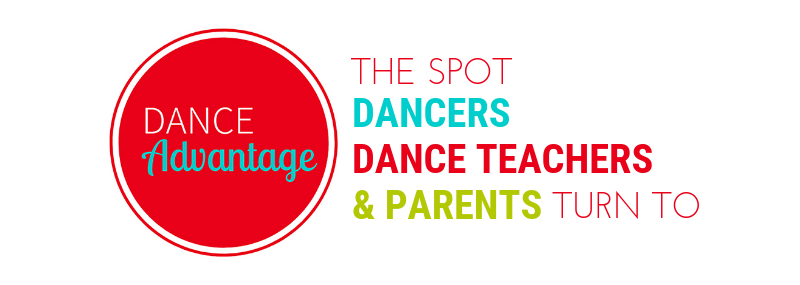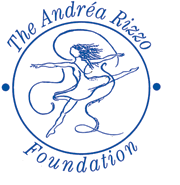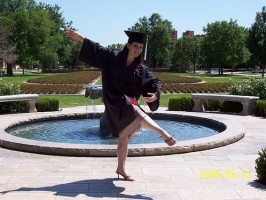Our look at alternative dance careers continues and features a young tutu maker who accepts commissioned ballet costume design and creation, and an emerging dance writer and critic.
non-performance careers
What Makes a Dance Career “Alternative”?
Alissa, Dance Advantage intern and correspondent, explores the definition of “alternative” careers in dance and speaks with two students combining their passions in pursuit of such a path. The first is Chelsie, a Dance/Movement Therapy student at Columbia College and Claire, a member of The University of Utah’s Screendance Certificate Program.
Careers To Consider: Dance/Movement Therapy
Susan Rizzo Vincent, founder of The Andréa Rizzo Foundation and Dréa’s Dream, helps Dance Advantage present Dance/Movement Therapy as a Career To Consider. She answers some frequently asked questions and introduces you to two dance/movement therapists working in the field.
What To Do When It’s Clear A Career Isn’t In Your Future
A dance career is not for everyone. Even those who’ve spent many happy years training, with dance classes every night, rehearsals, competitions and performances every weekend, formed deeply bonded friendships, and had amazing dance mentors. But after all the blood, sweat, and tears, what do you do now? Jessica Shoop Williams has been there… and back again, and shares her advice with you.
Talking About College Dance With K-12 Students
Not all dancers become professionals. However, the arts produce creative thinkers, able to connect pathways that standard students may not initially consider and dancers tend to be successful in many other aspects of education and life. So, starting as early as Kindergarten, dance can be used as a gateway to discuss college with students. Here’s how one educator begins the conversation at different ages and includes families in the dialogue.






